The energy industry is the aggregate of all industries involved in the production and sale of energy, including fuel extraction, production, processing and distribution. Modern society consumes a large amount of fuel, and energy is an important part of infrastructure and services to society in almost all countries.
Future Sun Group has good connections with refineries in many oil producing countries.

Gas-oil / Diesel
An essential element of all diesel engines, gas oil, commonly referred to as diesel or D2, is produced by fractional distillation of crude oil at temperatures between 200 ° C and 350 ° C. Sun Futures has stakes and contracts with refineries in several oil producing countries . With mandates in Rotterdam and Singapore, as well as contracts and contacts, the depth of our ties in the energy sector is limitless.
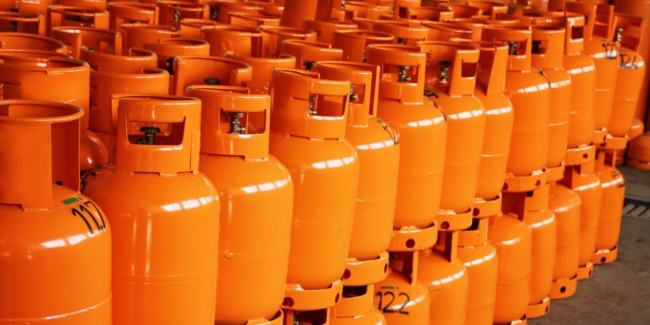
Propane / LPG
Composed primarily of propane and butane, LPG, both of which are easily compressible gases under standard atmospheric conditions. Liquefied petroleum gas (LPG), used as a fuel in heaters, kitchen equipment and vehicles, is produced during the refining of crude oil. Supplied mainly in cylinders in various markets, it is the preferred fuel source in many countries for economic and convenience reasons. Investing in LPG projects is critical to the future of global business.

Bitumen
An oil-based substance, bitumen, also known as asphalt, is a sticky, black and highly viscous liquid or semi-solid form of oil. Asphalt / bitumen is mainly used (70%) in road construction. Its other main applications are bituminous waterproofing materials, including roofing material and flat roof sealing. We can supply bitumen 60/70, 80/100 or in any ratio upon request, we have a refinery capacity

Methanol
Methanol is an alternative fuel for internal combustion engines and other engines, in combination with gasoline or directly. Methanol is used to the greatest extent for the production of other chemicals. About 40% of the methanol is converted to formaldehyde, and from there into products as diverse as plastics, plywood, paints, explosives and fabrics for strong pressing.
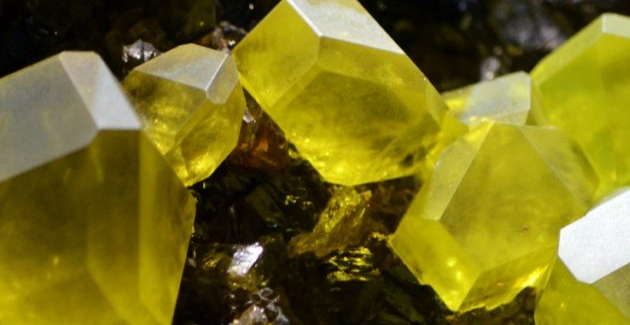
Sulfur
Sulfur occurs naturally as a pure element and is used in many industries. Sulfur is also a vital nutrient for crops, animals and humans. Today's sulfur production is a byproduct of other industrial processes such as petroleum refining. World sulfur production in 2011 was 69 million tons (Mt), with more than 15 countries each contributing more than 1 Mt. Countries producing more than 5 million tonnes are China (9.6), USA (8.8), Canada (7.1) and Russia.

Naphtha
Petroleum naphtha is a liquid intermediate hydrocarbon stream obtained from the refining of crude oil. Some refineries also produce small quantities of specialty naphtha for use as solvents, cleaning fluids, thinners for paints and varnishes, thinners for asphalt, solvents for the rubber industry, dry cleaners, lighters, and fuel for portable camping stoves and lanterns. These specialty naphthas undergo various refining processes.
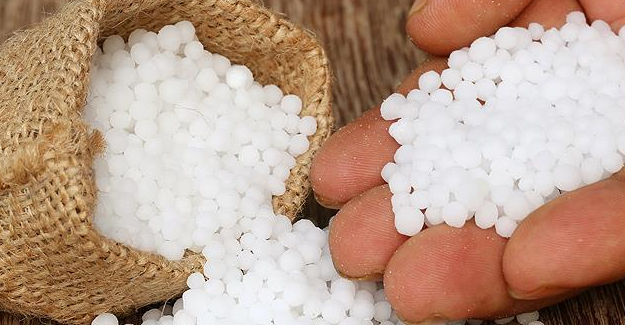
Urea
An organic compound widely used in fertilizers as a convenient nitrogen source. Urea is also an important raw material for the chemical industry. More than 90% of the world industrial production of urea is intended for use as nitrogen fertilizers. Commercially produced: in 2012, global production capacity was around 184 million tonnes. We are your preferred supplier of urea in both granules and granules.
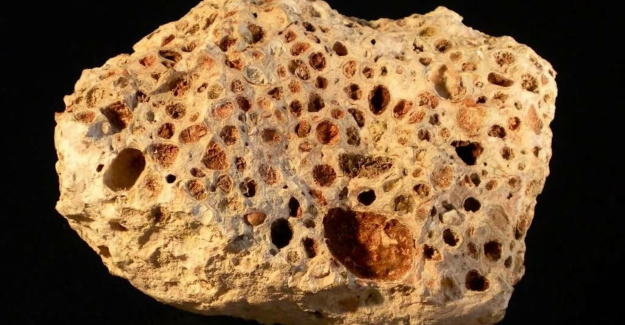
Bauxite
Bauxite is the primary ore of aluminum. Almost all of the aluminum ever produced has been recovered from bauxite. There are several small bauxite deposits in the United States, but at least 99% of the bauxite used in the United States is imported. The United States is also a major importer of metallic aluminum. Bauxite is a sedimentary rock with a relatively high aluminum content. It is the main source of aluminum in the world. Bauxite consists mainly of the aluminum minerals gibbsite (Al (OH) 3), boehmite (γ-AlO (OH)) and diaspora (α-AlO (OH)), mixed with two iron oxides, goethite (FeO (OH)) and hematite (Fe 2 O 3), clay mineral kaolinite (Al 2 Si 2 O 5 (OH)) and a small amount of anatase (TiO 2) and ilmenite (FeTiO 3 or FeO.TiO 2).
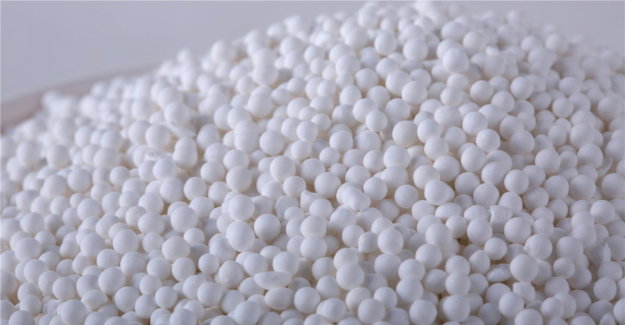
Alumina
Alumina, also called alumina, is a synthetically produced alumina, Al 2 O 3, a white or nearly colorless crystalline substance that is used as a starting material for melting metallic aluminum. It also serves as a raw material for a wide range of modern ceramic products and as an active ingredient in chemical processing. Alumina is made from bauxite, a naturally occurring ore containing varying amounts of hydrous (water-containing) alumina. Free Al 2 O 3 occurs naturally as a mineral. corundum and its forms of gemstones, sapphire and ruby; they can be synthesized from alumina and in fact are sometimes referred to as alumina, but the term is more accurately limited to the material used in aluminum metallurgy, industrial ceramics, and chemical processing.
Contact Us for More Information
We respect your privacy and do not to tolerate spam and will never sell, rent, lease or give away your information. We are here to answer any questions you may have.
